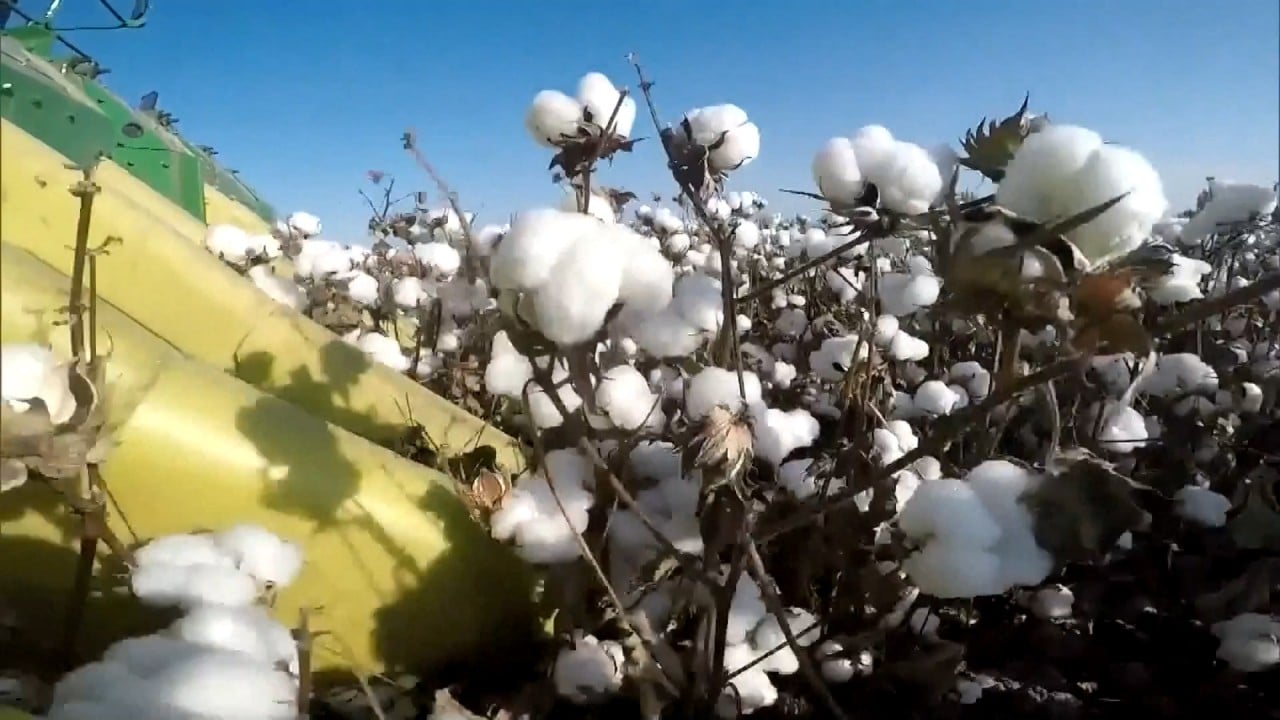
Letters | In China’s defence of its Xinjiang policy, facts and transparency are allies
- While officials are getting better at countering criticism, it will take more to rebuild China’s reputation
- Beijing must stick to solid proof, and strike a balance between being open and upholding its sovereignty
However, I doubt any of these new pieces of evidence presented by the Chinese government would be effective in improving its reputation, which has been damaged multiple times. It would take way more effort than this to rebuild China’s reputation in the world.
In this back-and-forth conflict between China and the West, China is in a disadvantaged position, following all the reputational damage from Covid-19, Hong Kong and so on. It’s rather like starting a game of xiangqi, or Chinese chess, without the two cannons.
China still has a chance of winning this game, but it really needs to stick to straight facts and solid proof in countering the criticism. One way to do that is to embrace transparency and openness, which China seems to have realised and to be slowly moving towards. China also needs to strike a balance between transparency and sovereignty, which is a dilemma often faced by the Chinese government.
Both China and the West should adopt a more conciliatory attitude to resolve their differences, instead of pointing the fingers at each other. The most important thing is to accept that both sides have flaws: instead of being gutted by the criticism, find a solution so that the critics can be silenced.
Wang Yam-yuk, Tseung Kwan O


